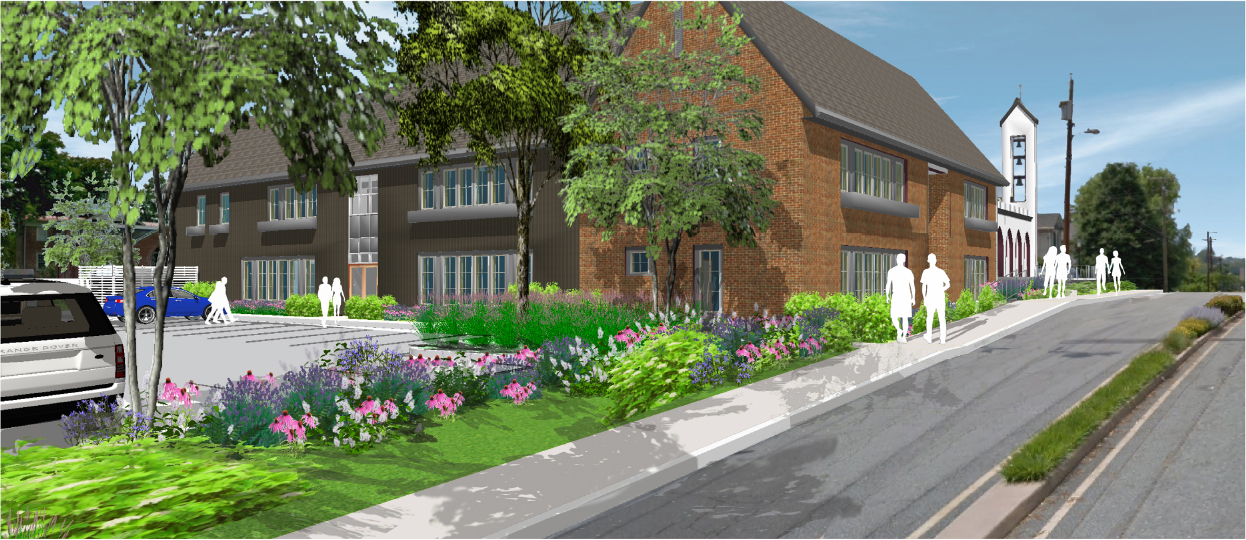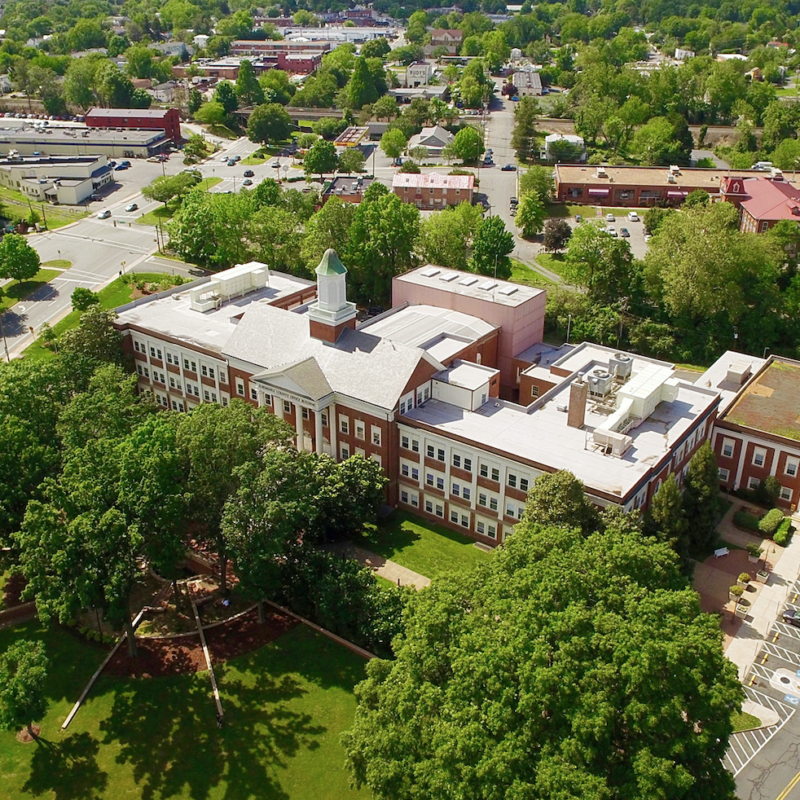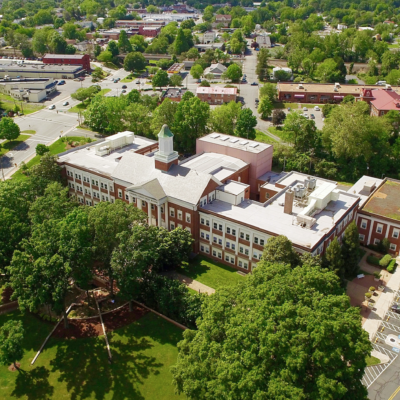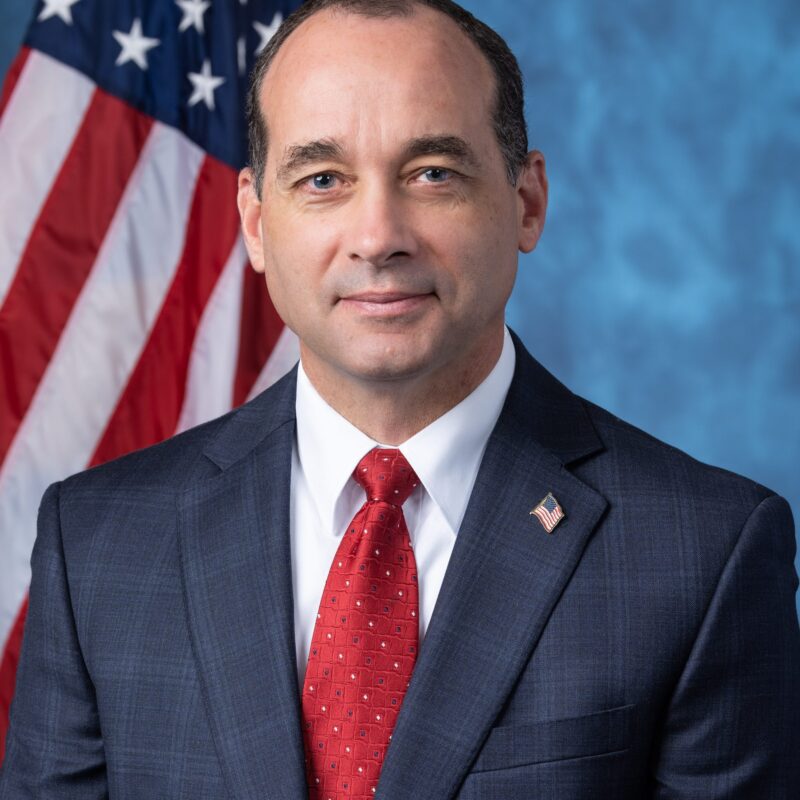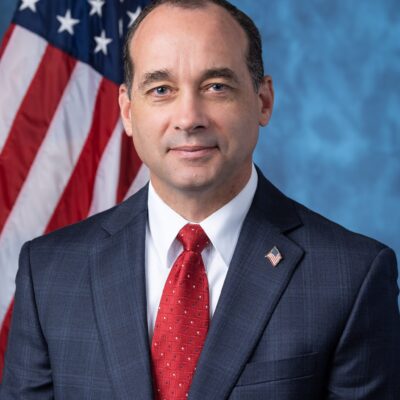After Charlottesville City Council voted to rezone Hinton Avenue United Methodist Church—the future site of Rachel’s Haven, a 15-unit apartment complex for low-income individuals, adults with developmental disabilities, and people at risk of homelessness—from residential to neighborhood commercial corridor in 2019, nearly three-dozen disgruntled residents filed a petition against the city, demanding a judge overturn the decision. The petitioners feared the property would eventually be sold and turned into a business, but they dropped the case in 2020, citing expensive legal costs and pandemic complications.
Since then, the project—named after the former church pastor’s wife Rachel Lewis, who died in 2016 from breast cancer—has been slowly moving forward. The church has partnered with the Piedmont Housing Alliance, which submitted a preliminary site plan to the city this spring, and hopes to secure funding from the federal Low-Income Housing Tax Credit program. However, some neighbors continue to voice concerns about the future affordable housing complex.
During a virtual site plan conference last week, Belmont resident Kimber Hawkey, one of the petition leaders, questioned the affordability of the units and on-site services available to disabled residents.
“Is the anticipation that people with certain difficulties would be having live-in help or living with families?” asked Hawkey. “Just someone who wants cheap rent could move in as a roommate and perhaps not act in a way that would be beneficial to this person.”
PHA Real Estate Development Director Andy Miller explained that all of the units, a mix of one and two bedrooms, will be affordable for households making between 30 and 60 percent of the area median income, but those who make below that should have access to housing vouchers that cover the rent. Four units will be set aside for adults with developmental disabilities and people at risk of homelessness.
Disabled residents will have support services delivered through a contracted third party, like Region Ten, in addition to help from church members. They will also be assigned a case manager, who would ensure any live-in caretakers—who would be “circumstance dependent” but “aren’t’ typical” for these types of projects, said Miller—meet compliance requirements.
Since 2019, the project’s design has undergone multiple changes in order to comply with LIHTC program requirements and cost constraints. Instead of renovating some of the church to build the units, the current design demolishes a part of it to make space for a three-story separate apartment building—one story higher than the first proposal—and a 28-space parking lot.
Belmont resident Julia Williams expressed concern about church members using a lot of the neighborhood’s on-street parking, since the parking lot would be largely used by apartment residents. The developers responded that they identified around 82 on-street parking spots in the surrounding area—at full capacity, the church would potentially use 44.
“Those 44 are definitely not available…so I’m seeing some pressure on the neighborhood streets,” said Williams. “I know what happens—it will eventually become permit parking if this really increases.”
“Most of us support the idea of this housing, but have concerns about its impact visually and architecturally, and also on pedestrian, bike, and traffic flow,” she added.
Rachel’s Haven vision team member Fred Schneider addressed residents’ concern that the church is shutting down, following Pastor Robert Lewis’ recent medical leave. Starting next month, the church congregation will worship with First United Methodist Church, while a transitional team explores next steps.
Regardless of the church’s future, PHA, which owns the project, must make the units affordable for at least 30 years under the LIHTC program—and wants to permanently keep them that way. “We would have no intention of selling this project,” said Miller.
While the exact timeline for Rachel’s Haven remains up in the air, PHA plans to apply for the LIHTC program next year. If the nonprofit is awarded the credits, it hopes to begin construction in 2024.
Within the next few weeks, Neighborhood Development Services will send a comment letter to PHA, which will then revise the preliminary site plan and submit a final one for approval. Community members can send comments to be included in the letter to principal city planner Brian Haluska at haluska@charlottesville.org.
